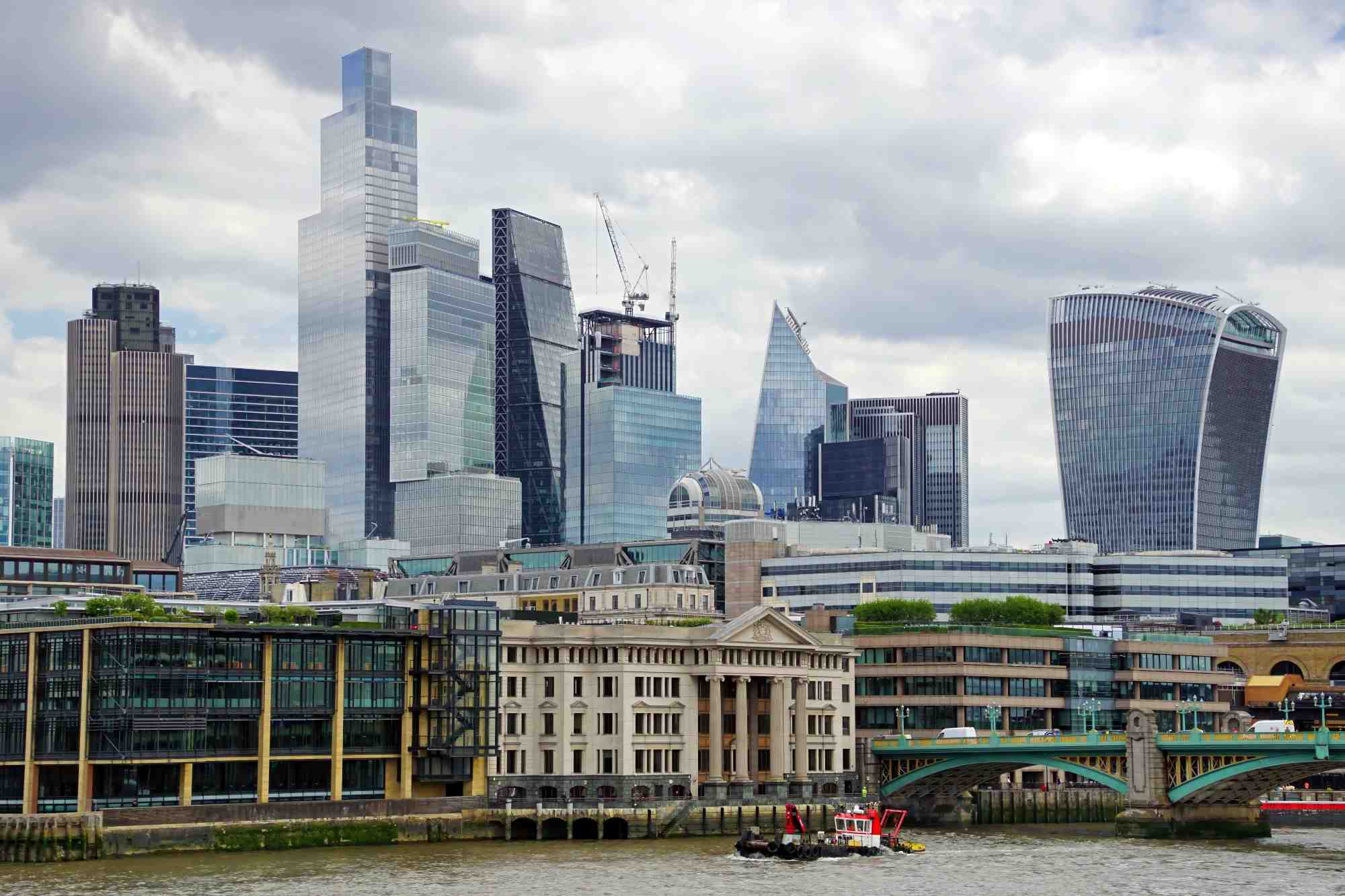AJ Bell is urging chancellor Jeremy Hunt to consider radical, long-term simplification of ISAs in his March Budget. Tom Selby, director of public policy at AJ Bell has commented.
He said: “Jeremy Hunt set out very modest reforms to ISAs in his Autumn Statement, none of which amount to the radical simplification savers and investors are crying out for. The Budget could be this chancellor’s final opportunity to strip unnecessary complexity out of the ISA rules and demonstrate he is on the side of Brits who do the right thing and save for their financial future. As the Treasury and FCA pursue reforms to improve engagement and tackle the ‘advice gap’ through the Advice Guidance Boundary Review, it is more important than ever the financial products they engage with, including ISAs, are as straightforward as possible.
“Given the proximity of the general election, fundamental simplification may be off the table for now. If that is the case, there are a number of pragmatic improvements to the existing landscape the chancellor could pursue.
“The Lifetime ISA (LISA) could be supercharged by reducing the government-imposed early exit charge from 25% to 20%, so the aim is just to return the upfront bonus. Increasing the minimum property price from £450,000 to take account of rising house prices would also make sense and make the product more useful to first-time buyers. Scrapping the LISA age restrictions could also be appealing, making the product more accessible to self-employed workers, many of whom are not saving anywhere near enough for retirement.”
‘GB ISA’ – a bad idea
“Media reports ahead of the Autumn Statement suggested the Treasury was considering creating a ‘GB ISA’ to encourage more people to invest either directly in UK-based companies or in funds that invest in UK companies.
“It is not clear exactly what is meant by a GB ISA. Some have suggested this could mean an extra ISA allowance to invest in UK companies and funds, which would increase complexity. Others have argued ISAs should only be allowed to invest in UK companies and funds, significantly reducing the ability for investors to diversify globally. Both would be retrograde steps and should be resisted by the government.
“There is also no guarantee shepherding more ISA investments into UK-based companies will necessarily result in a substantial boost to UK plc. Companies in the FTSE 100, for example, are generally international businesses, meaning any extra investment resulting from a GB ISA would not automatically lead to higher growth within the UK.
“If government is intent on using ISAs to drive more investment into UK-based companies and funds, there are other ways to do it. For example, scrapping stamp duty on UK investments or exempting investments in UK companies and funds from IHT would provide an incentive for investors to back UK businesses.
“Given most investors have a natural bias towards UK companies and funds anyway, the most straightforward answer would be to simply to increase the ISA allowance.”
Upgrading the personal savings allowance
“We continue to call on the chancellor to end the freeze on the personal savings allowance, which has remained at the same level since 2016.
“The number of people set to pay tax on cash savings interest is estimated to rise by a million this tax year alone (see table), as a consequence of the frozen threshold which has not been adjusted to reflect inflation and rising interest rates. This includes over 1.4 million basic rate taxpayers and low earners, demonstrating that this tax is impacting everyday Brits as well as wealthy individuals with large sums in cash.
“Individuals pay tax on interest they earn on cash savings that exceeds the personal savings allowance, which currently stands at £1,000 for basic rate taxpayers and £500 for higher rate taxpayers. Additional rate taxpayers get no exemption and pay tax on all cash interest they receive.
“Tax bills are paid either through self-assessment or deducted from income through a tax code adjustment. Many won’t be aware they owe the tax until HMRC sends them a letter to change their tax code to deduct the money from their payslip. It shouldn’t be the case that ordinary savers are caught up in tax complexity for doing the responsible thing and building a savings pot.
“Doubling the personal savings allowance would mean that £20,000 held in a 5% savings account would not be taxed for basic and higher rate taxpayers, ending the penalty on those who do the responsible thing by building up a cash savings buffer for a rainy day.”
| Number of taxpayers to be hit with tax on their savings interest | |||||
| Tax year | Savings rate | Basic rate | Higher rate | Additional rate | Total |
| 2020-21 | 18,500 | 338,000 | 218,000 | 224,000 | 799,000 |
| 2021-22 | 16,400 | 365,000 | 267,000 | 268,000 | 915,000 |
| 2022-23 | 38,400 | 840,000 | 577,000 | 303,000 | 1,760,000 |
| 2023-24 | 69,100 | 1,370,000 | 842,000 | 452,000 | 2,730,000 |
| Source: AJ Bell/HMRC freedom of information request. The 2020-21 figures are based on actual tax receipts, while the following years are HMRC estimates based on OBR forecasts. | |||||
Ending the income tax deep freeze
“Over the weekend, the chancellor hinted he would like to reduce income tax at the Budget in March.
“If the Treasury is considering cutting people’s income tax bills, then increasing income tax thresholds, rather than changing income tax rates, would be the simplest way to do it.
“The freezing of tax thresholds has had a serious impact on people’s finances. Recent higher inflation has meant higher wages are pushing more people into the next tax bracket. The OBR recently estimated* that by 2028/29 the freezing of tax thresholds will see around four million extra taxpayers, three million more moved to the higher rate of income tax and another 400,000 paying the additional rate.
“Restoring increases to tax thresholds will ensure more people pay the tax rate appropriate to their income, considering recent wage inflation.”






![[uns] house of commons, parliament](https://ifamagazine.com/wp-content/uploads/wordpress-popular-posts/788873-featured-300x200.webp)

![[UNS] tax](https://ifamagazine.com/wp-content/uploads/wordpress-popular-posts/788955-featured-300x200.webp)





